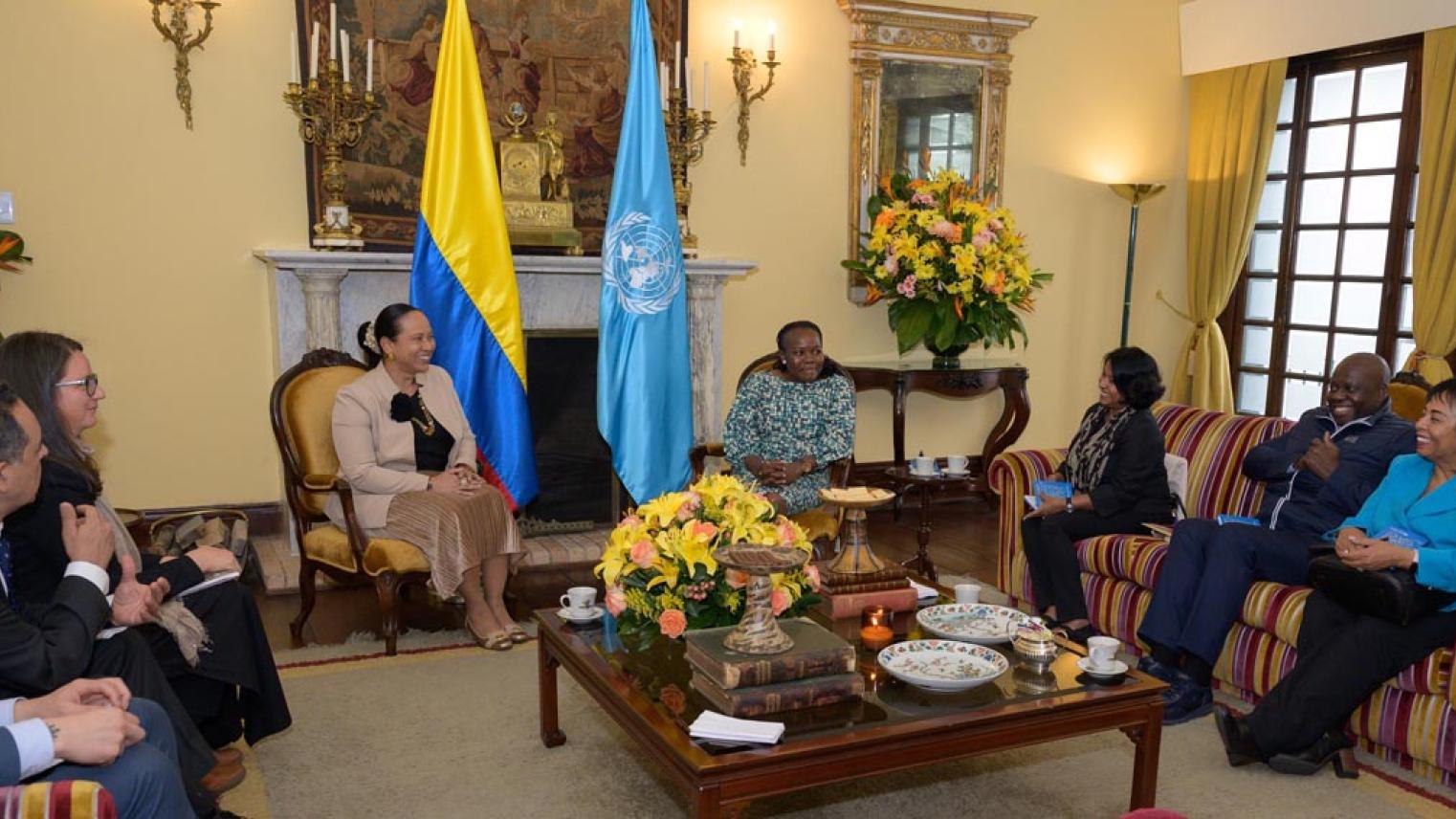Colombia visit to assess at-risk Afro-descendents
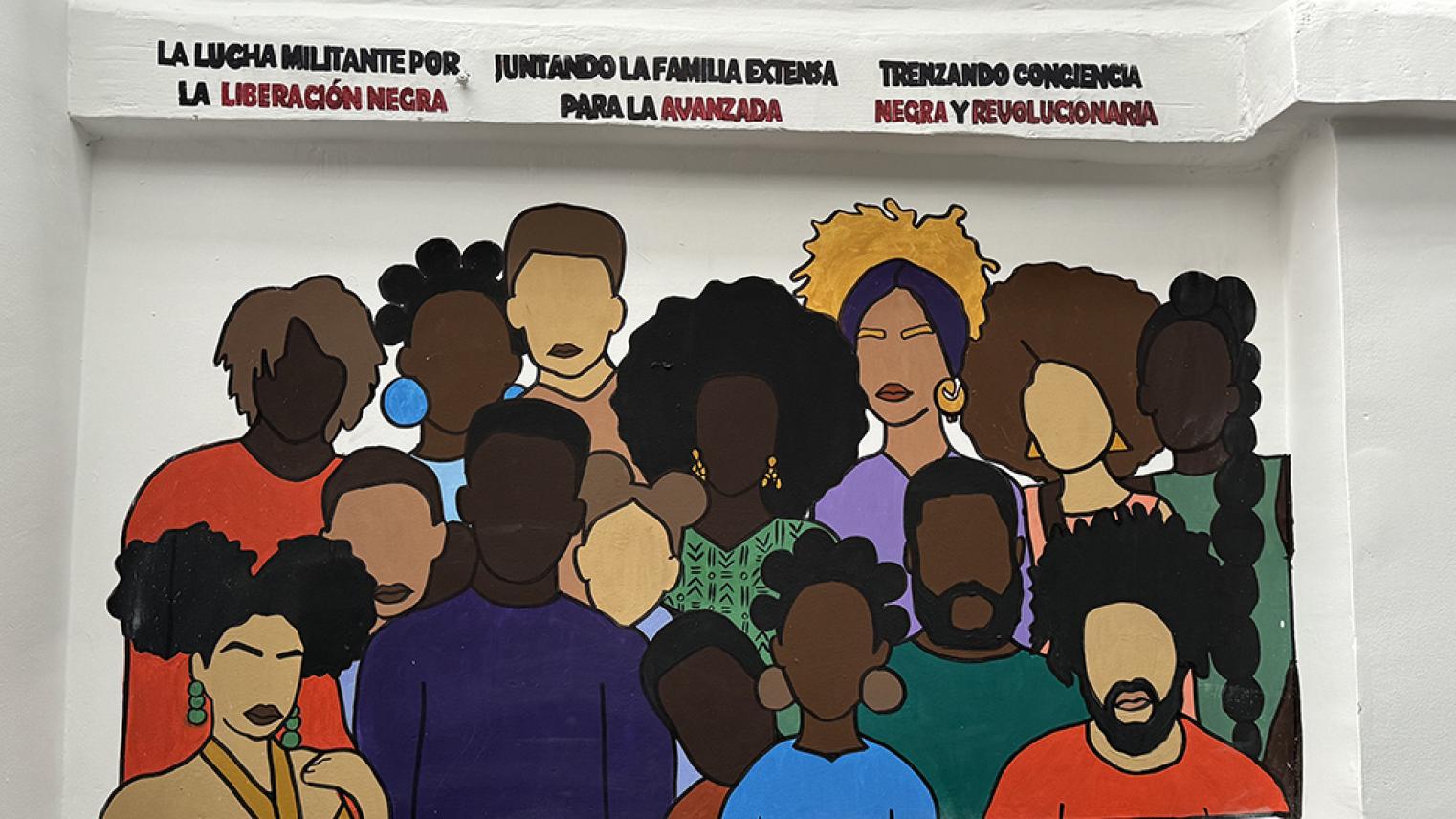
By Olivia Wenholz
ANU Professor Bina D’Costa visited Colombia in May this year as a member of the United Nations (UN) Working Group of Experts on People of African Descent, part of the Special Procedures of the Human Rights Council (HRC).
The visit aimed to gather information on any form of racism, racial discrimination, xenophobia, and related intolerance, to assess the overall human rights situation of people of African descent in Colombia. The delegation was comprised of Bina D’Costa and Dr Catherine Namakula. They visited the cities of Tumaco, Cali, Buenaventura, and Quibdo and met with several national entities, local authorities, people of African descent, civil society organisations, and individuals working on issues of racism and racial discrimination. They also visited a prison and a detention facility, and spoke with former combatants from the Marxist rebel group FARC, including young people.
UN Working Group – Special Procedures mandate-holders
The Working Group is comprised of five independent experts from around the world, including ANU expert Professor D’Costa. The Working Group is part of what’s known as the Special Procedures of the UN Human Rights Council - their independent fact-finding and monitoring mechanisms. Special Procedures mandate-holders are independent human rights experts appointed by the Human Rights Council to address either specific country situations or thematic issues in all parts of the world. They are not UN staff and are independent from any government or organization. They serve in their individual capacity and do not receive a salary for their work.
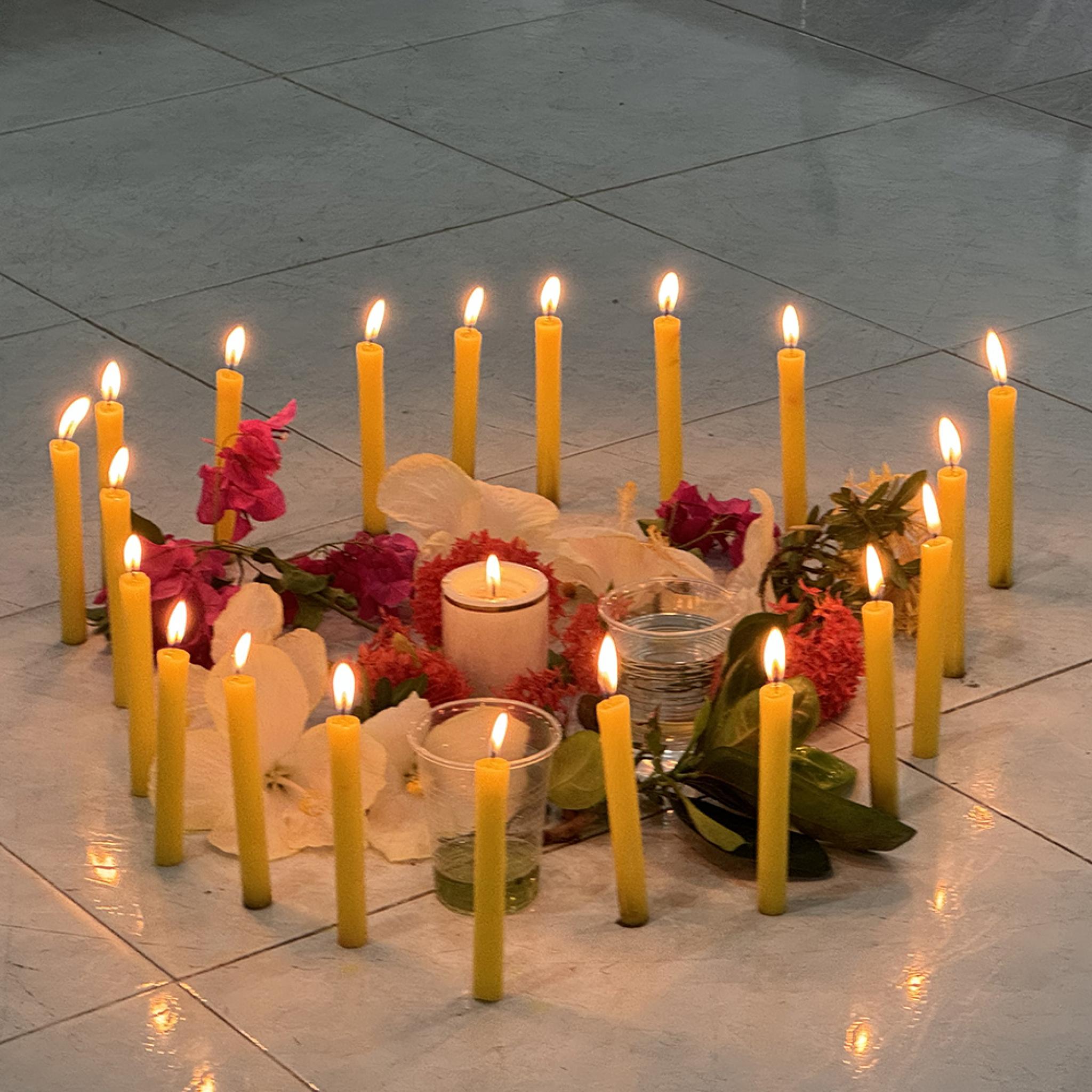
Hearing testimony of brutality and violence
During the 10-day visit to Colombia, Professor D’Costa and the other mandate-holder heard testimony from people of African descent including women, youth, and human rights defenders and LGBTIQ+. These testimonies detailed violence, including sexual and gender-based violence, rape as a weapon of war, macro-aggressions, kidnappings, femicides, brutal killings in particular by armed groups and organised crime cartels, extortion, brutal dispossession of lands, forced recruitment of children in armed groups, enforced disappearances, enforced displacement, mutilation, utilisation of children for illegal activities, deterioration and destruction of livelihoods and their social fabric, generating a sense of depletion for the people of African descent.
Findings
The UN experts found that racism and racial discrimination that is anchored in the legacies of enslavement and colonialism have rendered people of African descent in Colombia invisible, confined and ‘diasporised’ to race sacrifice zones. These issues have fostered mistrust against State and local authorities including the armed forces, for failure to protect them and ensure adequate living standards.
"We are violated and it's time to stop," said a woman of African descendant in her discussions with the experts. Explained another ...
Our hearts hurt... I speak of resistance not resilience
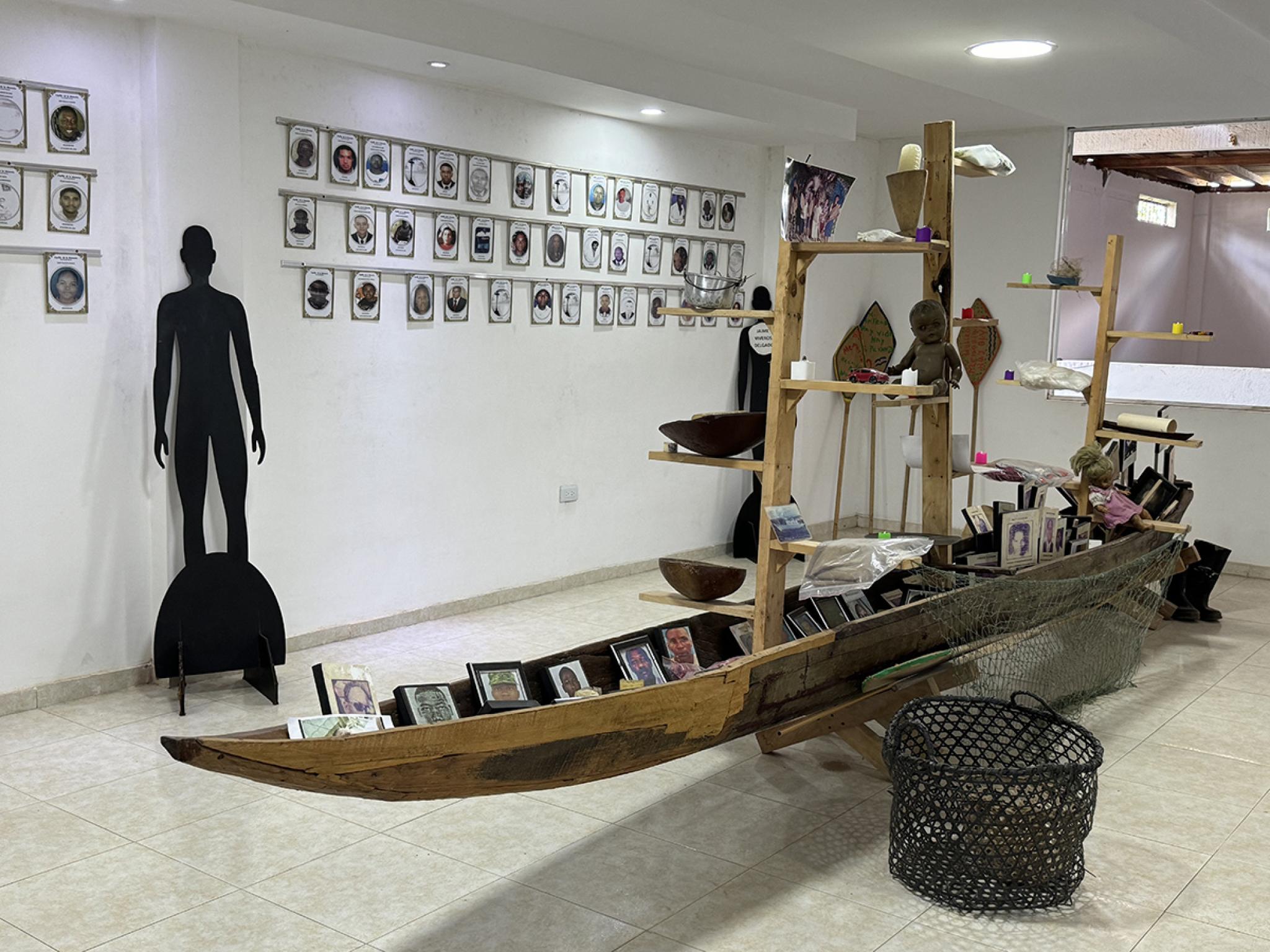
In their press release in May 2024 the Working Group urged the Government of Colombia to address systematic and institutional racism and rights violations which people of African descent in the country have endured for centuries. They urged the Colombian government to conduct structural and institutional reform that will ensure people of African descent in the country can exercise their rights fully and freely, urging authorities to foster differential ethnic approaches to level up redress.
The experts noted that Colombia has adopted legal provisions, policies and strategies and set institutions to protect human rights and address violations, adding that Colombian courts have also passed rulings in favour of people of African descent.
However, the experts said less has been done to effectively transform the daily lives of Afro-descendents, by alleviating poverty, ensuring their rights to security, education, housing, employment, access to basic services, freedom of movement, access to justice, participation in political and public affairs, adequate representation, self-governance and land rights.
"Colombia must engage in effective transformative change, to restore dignity, repair invisibility and uphold the recognition and human rights of people of African descent," said the Working Group of Experts on People of African Descent, in a statement following a 10-day visit to the country.
"With a new government committed to justice and human rights, Colombia has a unique opportunity to break the cycle of centuries of institutionalised, structural and systemic discrimination and racism against people of African descent in Colombia," the experts said.
Discrimination and racism are characterised by state abandonment on one hand and lack of autonomy and self-governance on the other.
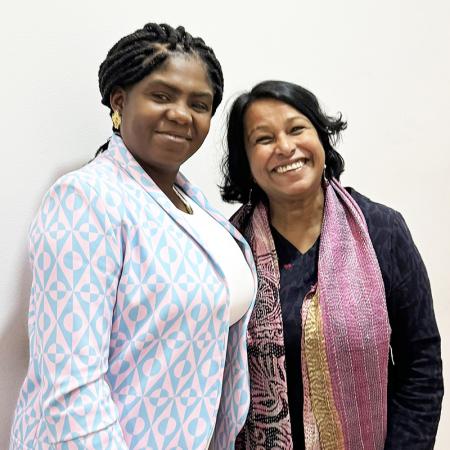
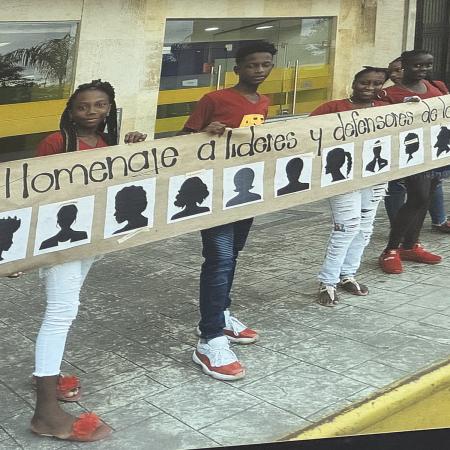
The Working Group also called on Colombia to ensure meaningful participation and consultations for people of African descent in all processes and policies that may affect them, including in the context of the implementation of the 2016 Peace Agreement. The experts said...
People of African descent and their territories have been the biggest victims of conflicts in Colombia, giving these conflicts a racialised connotation.
The Working Group will present a report on the conclusions drawn from the visit, to the UN Human Rights Council in September 2025.
Professor Bina D’Costa
Alongside her role as a UN Special Procedures mandate-holder, Professor Bina D’Costa is an activist-scholar of global politics, at home in classrooms and conflict zones alike. Professor D’Costa is currently an Australian Research Council (ARC) Future Fellow and ARC Center of Excellence for the Elimination of Violence Against Women (CEVAW) Lead for Migration and Trafficking.
Bina also teaches in the Master of Peace and Conflict Studies and the Master of International Relations in the Coral Bell School of Asia Pacific Affairs at ANU.
